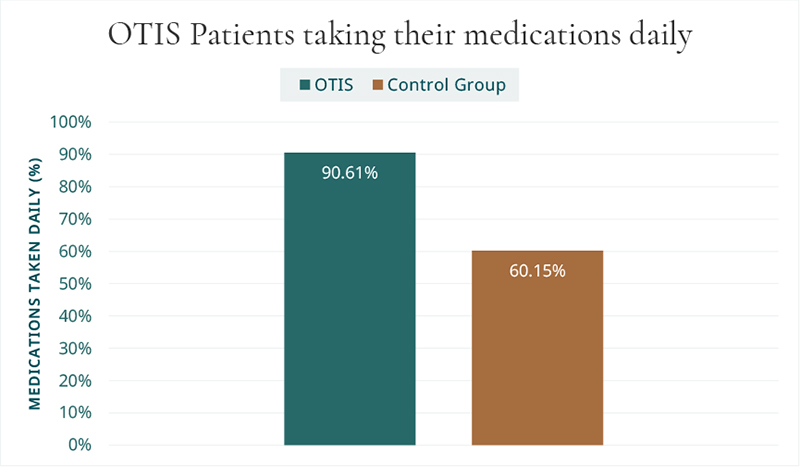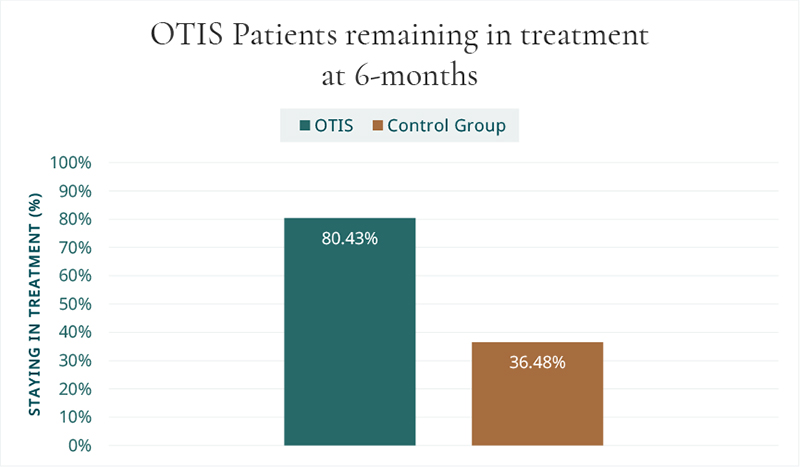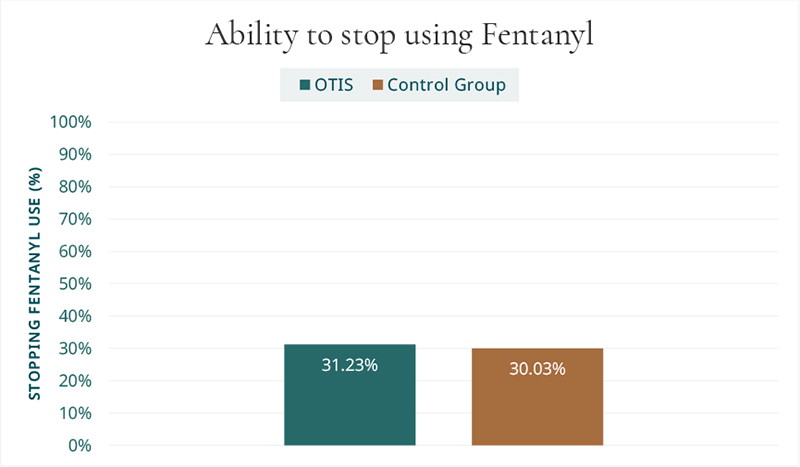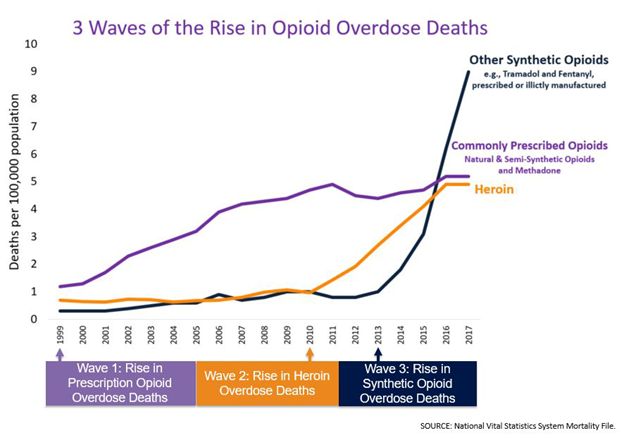The road to recovery starts with you.
The first step is always the hardest. But after you make that step, we are there to help.
Definitions:
Opioids – The class of drugs and medications including Fentanyl, Heroin, and Pain Medications.
Recovery – Engaging in activities to bring life back to health after experiencing addiction.
Sobriety – It is being drug and alcohol free, even when taking prescribed medications to support.
Harm Reduction – Engaging in activities to reduce harmful behaviors. Includes reducing drug use while receiving services.
Integrated Opioid Treatment – The gold standard of opioid treatment programs. Organizations that offer a variety of services to meet the needs of the recovering person.
Services designed to empower people to succeed in their recovery; based on 26 years of listening to people’s needs.
- Medication and Substance Use Counseling
- Emotoinal Wellness and Behavioral Health Program
- Peer Recovery Support Services
- Mobile outreach Team
- Resource Specialists
- Pregnancy and Women’s Services
Recovery programs vary based on the needs of the person. Creating a personalized recovery program draws from the full group of services that are provided at each The Life Change Center location. Once a person’s withdrawal symptoms are gone; their thinking is clear, and they can plan their recovery.
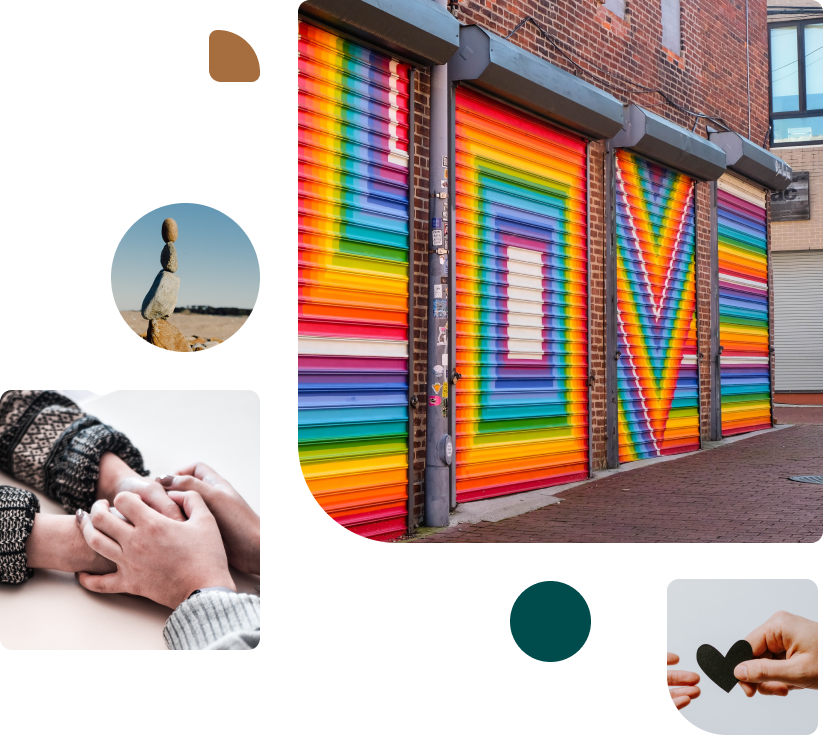
People Recover. There is Hope.
- On average, 840 people received services from TLCC each day of 2023
- In 2023, 100% of the people seeking services came on their own choice
- On average, 70% of the people seeking services from TLCC were sober in 2023
- Based on Data from the CDC, a person receiving services at The Life Change Center is 1,342% less likely to die from an over dose than a person who is not in treatment.
Our programs
Medications used
in treatment
The recovery process
While recovery programs differ based on the individual needs, we have observed some predictable phases:
Success rates
Fentanyl, heroin, and prescription pain medication abuse has increased to epidemic rates, and alarmingly high rates among young people. The problem is growing and the social costs are skyrocketing.
“The depth of programming we provide is for the Social Return on Investment. It’s about how well we convert revenue into positive social outcomes”
— John Firestone | Executive Director, Counselor
Sobriety
National average without treatment:
Average sobriety rate at The Life Change Center:
Last year The Life Change Center provided services:
On average, the women and men of TLCC provided services:
Using simple mathematics, a person in treatment at The Life Change Center is:
less likely to die from an overdose compared to individuals who are abusing opioids and not receiving treatment.
Program fees
Through our years of experience we have learned to really appreciate the magnitude of difficulty related to opioid addictions. One of the hardest steps is the first step into treatment.
We know about the costs and strains that this puts on people struggling with the addiction, sometimes costing hundreds of dollars per week for opioids and racking up many other expenses. We understand and have developed our program to reduce the financial obstacles of treatment admission.

At The Life Change Center, the cost for self-pay are complete package service programs and all services (individual and group counseling, testing, medical exam, doctor visit and other services) are included in that fee.
- Medicare
- Medicaid
- (HPN, Silver Summit, Amerigroup, Nevada State Medicaid)
- Private Insurances
Our insurance billing staff will find out about your coverage benefits immediately, while you are completing the admission process.
Accessing treatment
We have trained staff to guide you through the admission process; staff that appreciates the courage in taking that first step.
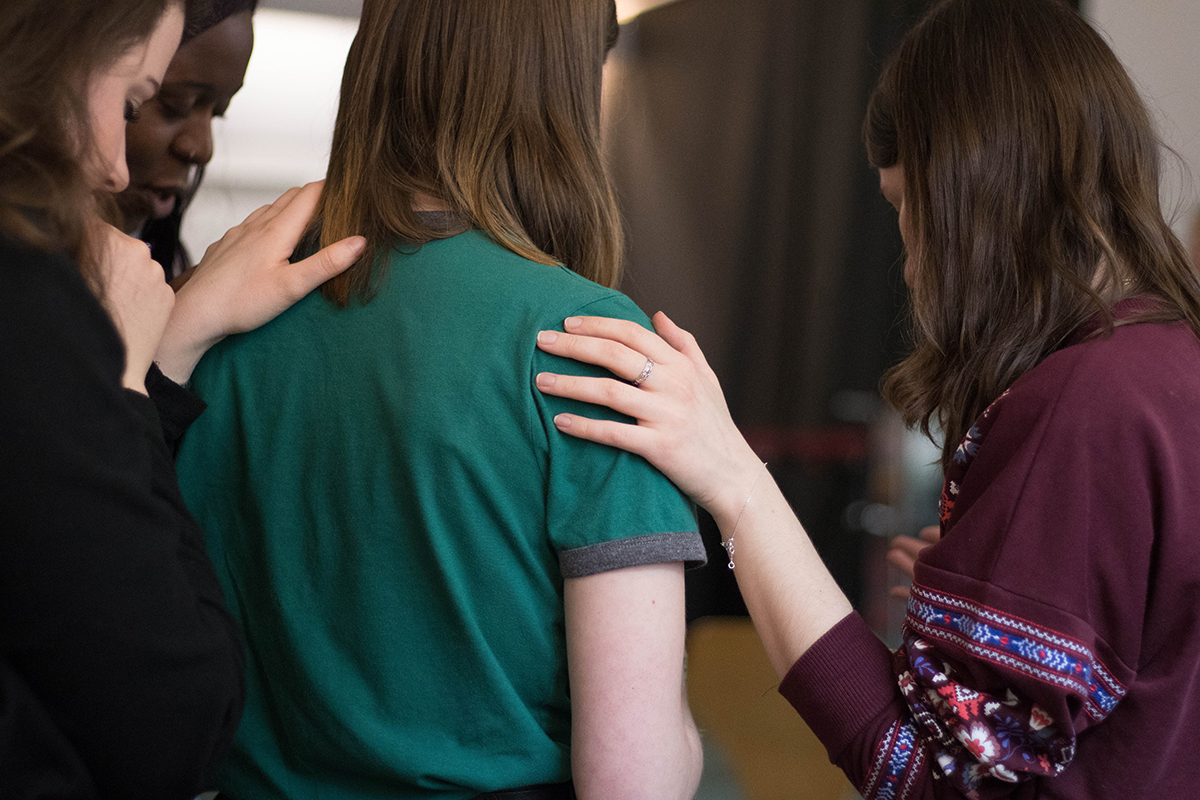
The admission process requires three assessments:
- Substance Use Disorders with a licensed or certified counselor
- Medical history with a certified medical assistant or nurse
- Medical examination with a physician
This process can range between 1 ½ and 3 hours. It is during these assessments that you will be given many options for treatment. You will have immediate access to case management and group therapy. THERE IS NO WAITING LIST.
To make the admission process as effective as possible you will need a photo ID. Additionally, if you have other prescriptions, please bring in this information.

